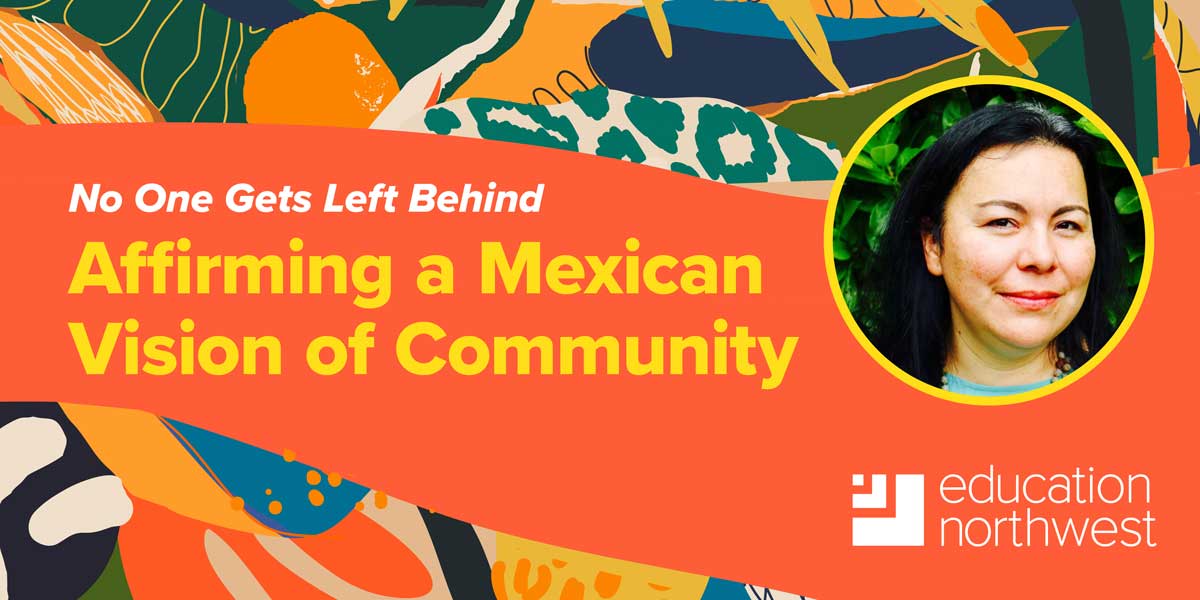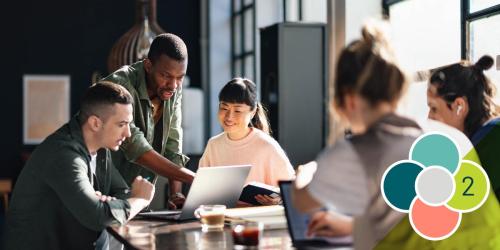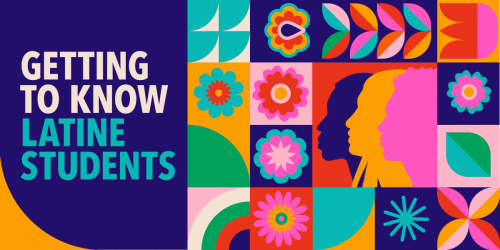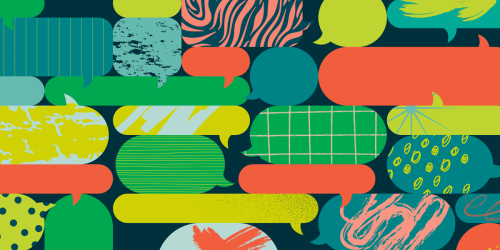No One Gets Left Behind: Affirming a Mexican Vision of Community

I often wonder what other people envision when they hear the word community. For me, as a bicultural Mexican Latina, community has a depth of meaning that I don’t often witness in mainstream American culture. Community is when people affirm, support, and empower one another throughout life. It’s where joy, celebration, conflict, resolution, and unity come together. That’s the very Mexican way my ancestors defined community for me.
When I think about this vision of community, I think of my grandfathers, both of whom were braceros who came to the United States to help with the grape harvest in the late 1940s and early 1950s. I’m reminded of all the sacrifices they made for me to have the privilege of living in the land of opportunity. My education, philosophy, and forward movement belong to them. They began my journey before I was born, creating the opportunities that would open to me.
I also think of my grandmothers, both of whom were powerful women who stood their ground to the end. My maternal grandmother protected her children’s right to speak Spanish even when teachers told her she was holding them back. My paternal grandmother made a deal with a local teacher to learn how to read in exchange for doing her laundry—at age 9. Their mission was me, my siblings, my cousins—the future. They did this for us, without knowing who we would be as individuals, only that we would carry forward their heritage, culture, and vision of community.
When I think of community, I think of the family I was born into, and how they empowered, affirmed, and supported others because they believed in social justice and the power of people working together. My parents met in Chicago, where they noticed each other at work, immigrants from the same little town in Mexico. When my maternal grandmother passed away from a stroke, my parents saved each other by getting married, forging an alliance, and moving to California to start a family of their own. They were only 20 years old. Having a 20-year-old son today, I understand a lot about my upbringing. A couple of kids raised me!
My parents shared a vision of community. For them, as for my grandparents, it meant being there for anyone in need. That’s why, one day, my mother came home from the store with two strange ladies in tow and announced they would be staying in our bedroom. Being a teenager, I was annoyed.
These ladies had escaped their coyote, who had enslaved them, forcing them to “work off” the money he was owed for bringing them to the United States—money that their families could not send. My dad, a landscaper, knew many “fancy” people who could afford to help. Without judgement, he defended the women’s actions and helped them find live-in jobs with some of these good clients. Over the years, he helped many people move forward who might otherwise have been exploited or abused.
In retrospect, I am proud of what my parents did and taught me, but at the time I remember being frightened. Our definition of community meant no one got left behind, and that could be dangerous. My parents were brave.
These people, my ancestors, started pushing me toward education before I was born. I didn’t even know it, but their voices, persistence, and belief were with me as I completed my undergraduate degree at the University of California, Berkeley, to become a first-generation college graduate. They have been there for me, first in person and later in spirit, rooting and cheering and reminding me that I must continue to fight for our community. That I must continue to push the idea that everyone deserves to have literacy, and that everyone is talented and gifted if we take the time to look. Throughout my career as an educator, the right of all people in our country to have community has been at the center of my practice. When you have community, you have affirmation, empowerment, and support. Community is the river we all must drink from to feel complete.
My life is a collection of privileges gathered from my community. My ancestors showed me the road map—empowering, affirming, and supporting all members of the community as we go through our own journey. Sometimes it is me writing a letter to immigration or to a landlord or giving a training on how to teach a child to read. Sometimes it is another member of the community. Ultimately, our work is about making the community larger, wherever we go. It’s about introducing people who can help each other. It’s about connecting people to resources or employment or just listening when someone is having a rough day.
Sometimes it seems like the mainstream culture around us is so focused on avoiding conflict that it inadvertently shuts out joy, celebration, resolution, and unity. We are encouraged to push the intimate, messy, and sometimes dangerous work of community away. In contrast, my Latinx heritage encourages me to step closer, to engage. The Latinx meaning of community is love, empathy, connection. Join us and start living the celebration!



